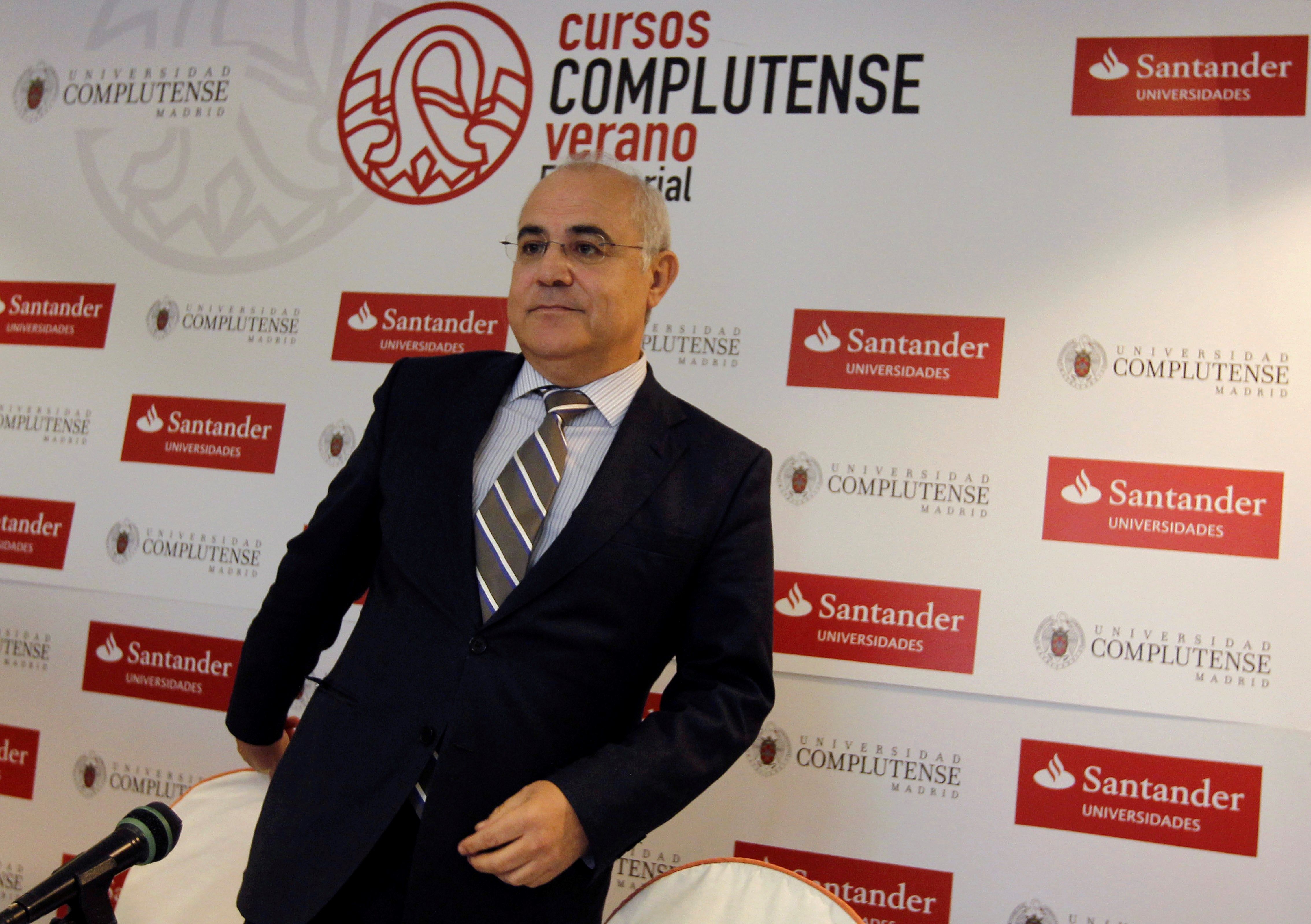Supreme Court judge Pablo Llarena, the instructing judge in the investigation into the Catalan independence process, has today said that "Spanish justice isn't politicised". He did, however, support changing the system of election to the CGPJ (General Council of the Judiciary). He made the comments in a round table on "Judge associations and legal power" during the summer course "Justice and politics" run by Madrid Complutense University.
"I deny that Spanish justice is politicised, as has been demonstrated in the forty years of democratic legal activity", said Llarena, who noted that there have been proceedings which have affected all the different political parties in every autonomous community. The judge also insisted that "legal power isn't a conveyor belt for any political idea", although he noted that the Constitutional Court has warned that the current system of electing the members of the CGPJ, namely by nomination of the Congress or Senate, risks politicisation.
Although he believes this politicisation hasn't occurred, he recognises that the perception does exist. As such, he believes that it would be better for the twelve judges on the CGPJ to be elected by their peers, not the legislative chambers. However, he warned that it's a complex issue and that, although a suffrage extended to all 5,500 judges could avoid the risk of it being seen as politicised, it cannot avoid the risk of "ideologisation" and "corporatism".
Llarena believes that, in such an election system, judges will have to have a feeling of responsibility to avoid corporatism and will have to be aware that the CGPJ takes decisions which affect all Spaniards. He insisted: "I have never seen judges working with their independence compromised, nor have I been in any court which settled on political positions, I've never suffered that".

